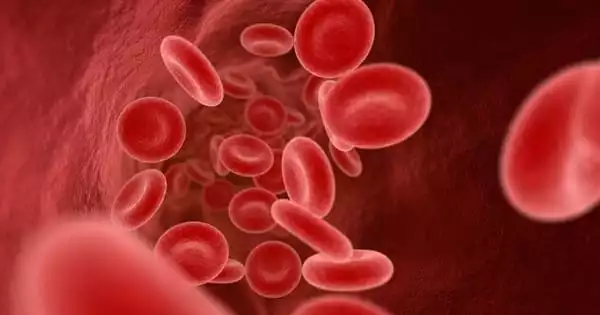Substantial Equivalence is the initial step, establishing toxicological and nutritional differences in the new food compared to a conventional counterpart—differences are analyzed and evaluated, and further testing may be conducted, leading to a final safety assessment. Substantial Equivalence is a concept, which stresses than an assessment of a novel food, in particular one that is genetically modified, should demonstrate that the food is as safe as its traditional counterpart. It is the starting point for GM food safety assessment. It can be applied at different points in the food chain, from unprocessed harvested crop to final ingredient or product, depending on the nature of the product and its intended use.
Substantial Equivalence
















